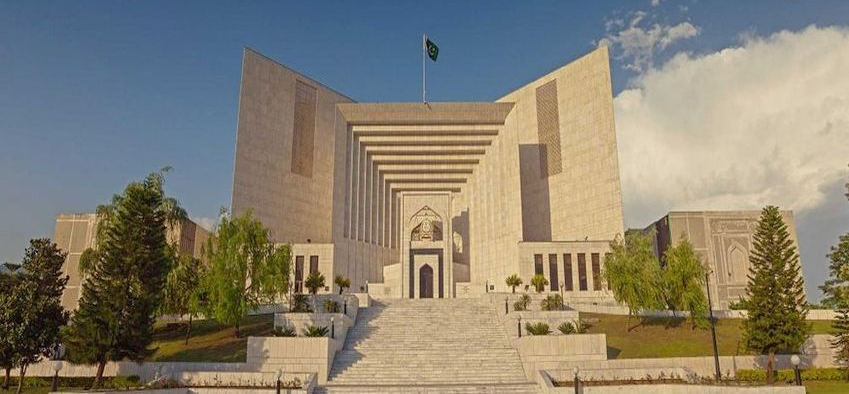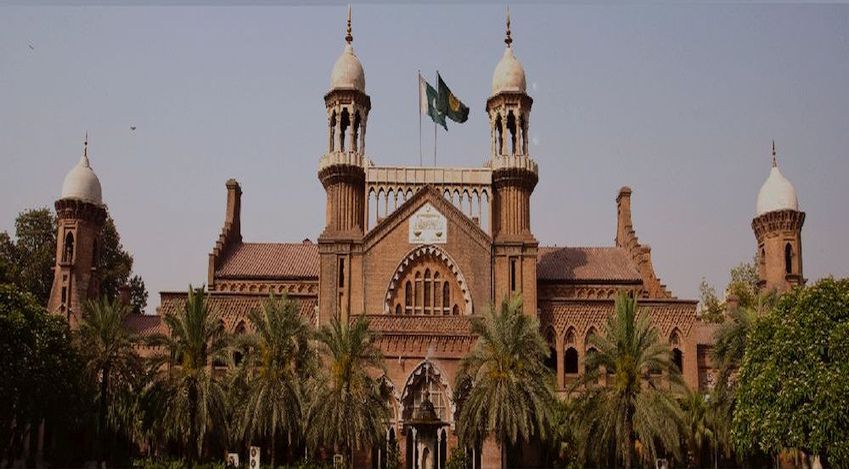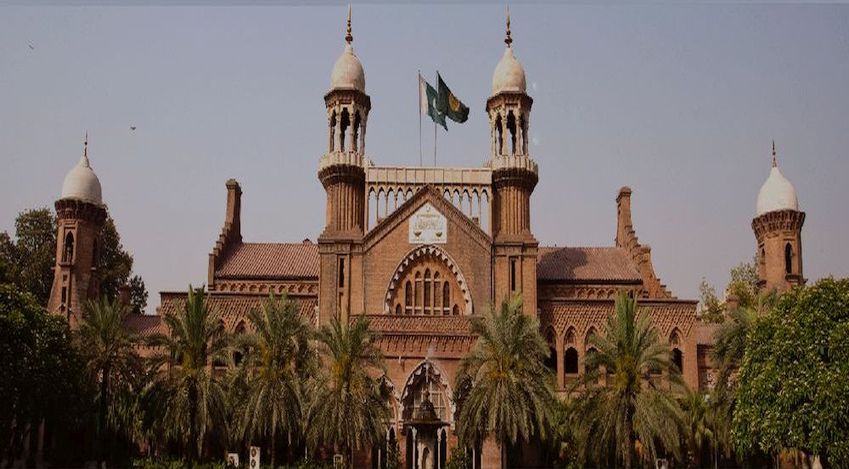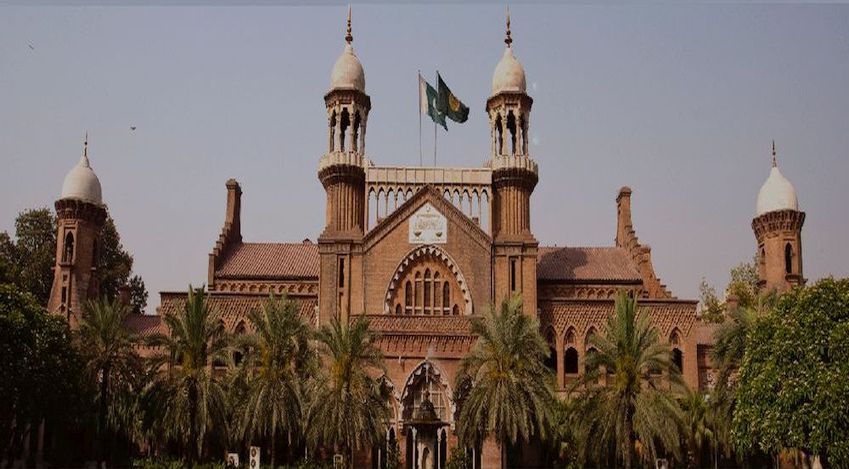Lifelong Disqualification of Member of Parliament is not permissible unless explicitly provided for in the Constitution --- Supreme Court of Pakistan
Islamabad 12-10-2024: The Supreme Court of Pakistan unanimously overturned its earlier ruling related to the disqualification of parliamentarians under Article 63A of the Constitution. The Court’s decision in [Civil Review Petition No. 197/2022], filed by the Supreme Court Bar Association, set aside the majority’s short order from May 17, 2022, which had introduced stringent interpretations on parliamentary defections.
The case stemmed from the political crisis surrounding a vote of no-confidence against then-Prime Minister Imran Khan. The Court’s majority ruling in 2022 had controversially held that defecting members of parliament would not only have their votes discarded but would also face immediate and potentially lifelong disqualification. This ruling, however, faced widespread legal and political criticism for overstepping constitutional boundaries.
The central issue revolved around Article 63A, which outlines the process for disqualification of members on the grounds of defection. The earlier majority judgment had effectively expanded the scope of the article, allowing the judiciary to intervene by disqualifying defectors and excluding their votes from parliamentary counts. The Court, however, found this interpretation to be contrary to the plain language of the Constitution.
In its judgment, authored by Mr. Chief Justice Qazi Faez Isa, the Court clarified that Article 63A is a self-executory provision. The power to declare defection rests solely with the party head, and the Election Commission of Pakistan has the final authority to confirm or reject such declarations. Furthermore, the judgment highlighted that defecting members cease to be members of the house but are not automatically disqualified for life, as previously suggested.
The Court emphasized the importance of respecting constitutional boundaries and the principle of separation of powers. It criticized the previous majority ruling for overstepping its judicial mandate by interfering in political matters that the Constitution clearly reserves for political actors, including the party head and the Election Commission.
The judgment also underscored that the President of Pakistan must remain neutral and avoid involving himself in political controversies. The Presidential Reference filed under Article 186 was criticized for framing political and moral issues rather than genuine legal questions, further blurring the line between law and politics.
One of the most notable aspects of the Court’s decision is the rejection of the notion of lifelong disqualification for defecting members. The judgment cited past cases, such as Hamza Rasheed Khan Vs. Election Appellate Tribunal (2024 SCP 65), to support the view that lifelong disqualification is not permissible unless explicitly provided for in the Constitution. The Court reiterated that “ceasing to be a member” due to defection does not equate to a permanent ban from holding public office.
The Court also found that the earlier ruling violated the fundamental rights of parliamentarians, particularly their right to a fair trial and due process under Article 10A of the Constitution. Defecting members were not given an opportunity to defend themselves or explain their actions, which, according to the Court, constituted a breach of their constitutional rights.
A recurring theme in the judgment is the need for judicial restraint in political matters. The Court criticized its prior intervention as an overreach, pointing out that political disputes must be resolved by political actors, not the judiciary. The judgment emphasized that the role of the judiciary is to interpret the law, not to create it or impose moral judgments.
The October 3, 2024 decision is expected to have a profound impact on the future interpretation of Article 63A and the role of the judiciary in political matters. By reaffirming the constitutional limits on judicial power, the Court has sent a clear message about the need to respect the separation of powers and the importance of procedural fairness.
This ruling not only restores the original constitutional mechanism for handling defections but also reinforces Pakistan’s democratic principles by preventing undue interference in political processes.
Powered by Froala Editor








